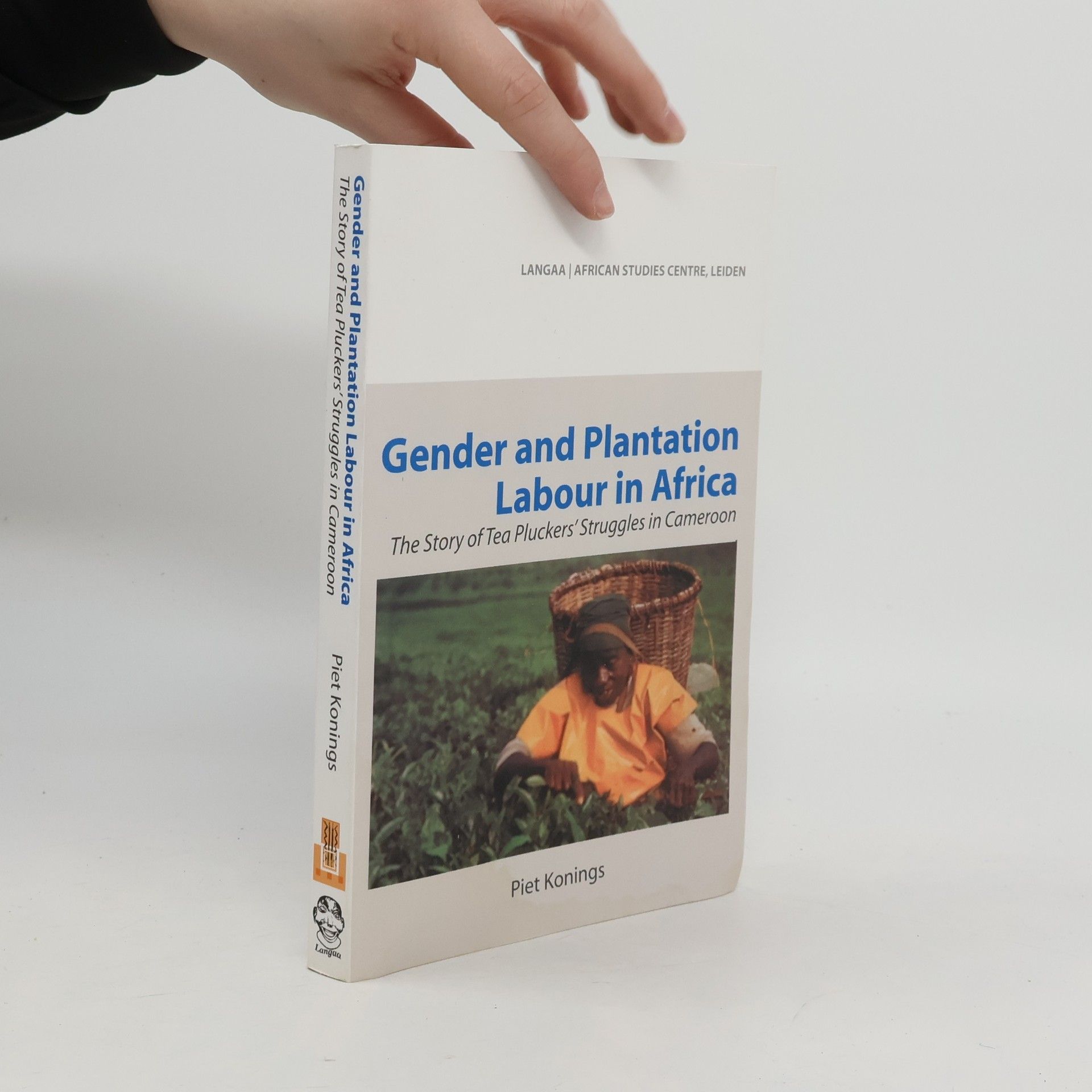Gender and Plantation Labour in Africa
The Story of Tea Pluckers' Struggles in Cameroon
- 308pages
- 11 heures de lecture
This book explores the relationship between plantation labour and gender in Africa, particularly Cameroon. It demonstrates that the introduction of plantation labour during colonial rule has had significant consequences for gender roles and relations within and beyond the capitalist labour process. These effects have been quite ambivalent, being marked by both profound changes and remarkable continuities. The book focuses on two tea estates established in anglophone Cameroon in the 1950s, the Tole Estate and the Ndu Estate, the first employing mainly female pluckers, the second mainly male pluckers. This allows for an examination of the variations in male and female workers' modes of resistance to the control and exploitation they meet in the labour process. [ASC Leiden abstract]
